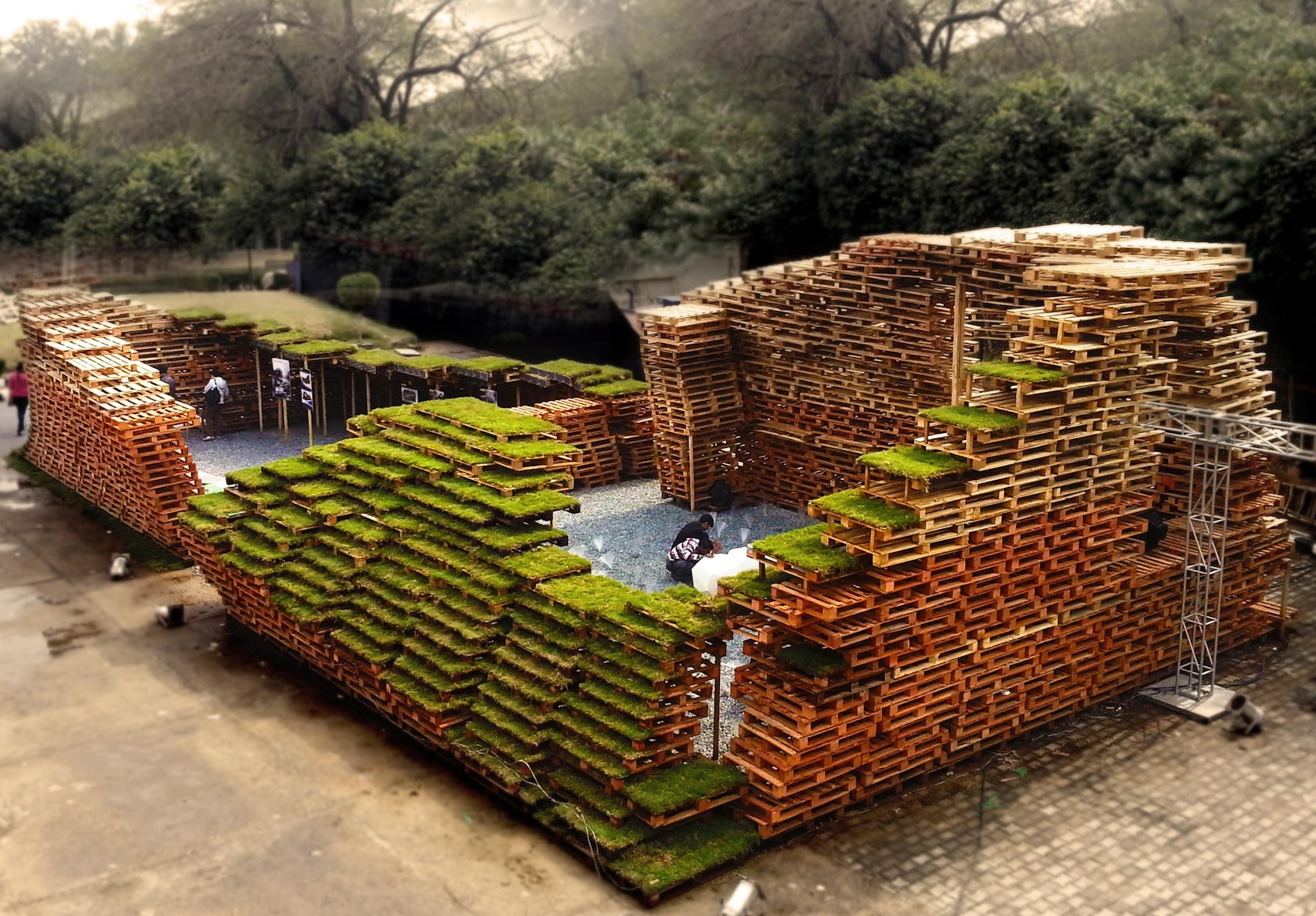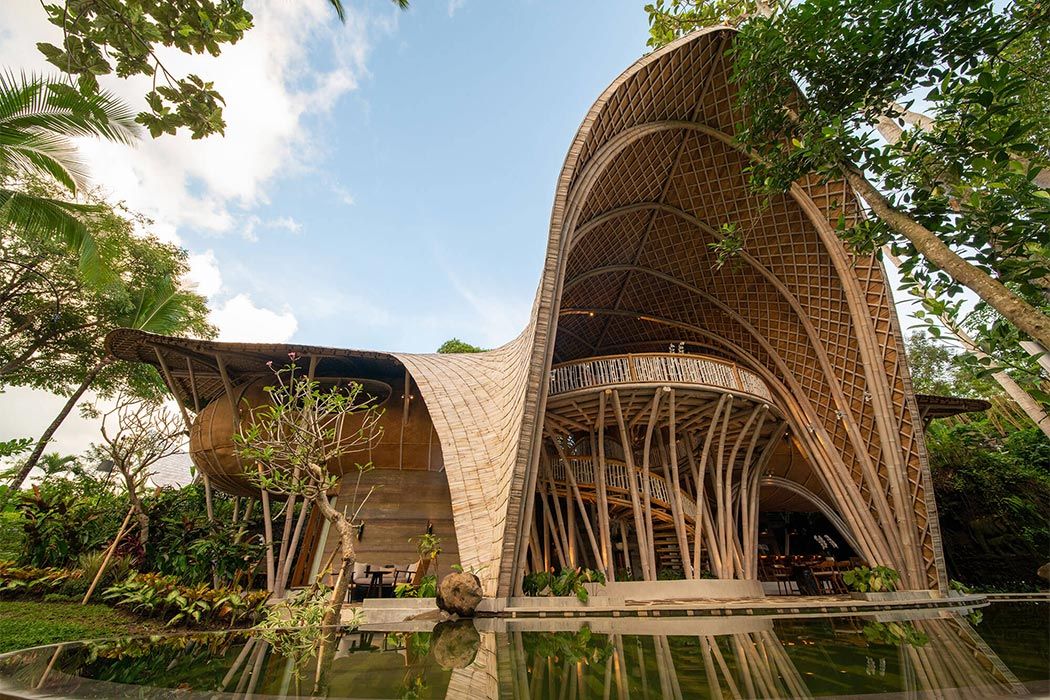Locating sustainable pavilion materials requires strategic sourcing, prioritizing renewable, recycled, and locally available options. Here are the best eco-friendly choices and where to find them:
Salvaged & Reclaimed Wood
Sourcing used wood drastically reduces demand for virgin timber and preserves landfill space.
- Demolition Sites/Salvage Yards: Contact demolition companies specializing in deconstruction or visit architectural salvage yards.
- Online Marketplaces: Search platforms listing reclaimed lumber from barns, factories, or old structures.
- Municipal Recycling Centers: Some centers collect usable lumber from construction waste streams.
Ensure structural integrity and treat appropriately for outdoor use.

Responsibly Harvested Bamboo
A rapidly renewable grass, bamboo offers high strength and versatility.
- Specialty Lumber Suppliers: Seek vendors certified by FSC (Forest Stewardship Council) or similar bodies.
- Direct from Certified Plantations: Research growers committed to sustainable agroforestry practices.
Opt for bamboo processed with low-VOC, formaldehyde-free adhesives.
Natural Stone & Stone Wool
Stone is durable and abundant, while stone wool provides excellent insulation from volcanic rock.
- Local Quarries: Minimize transport emissions by sourcing native stone directly.
- Landscape Supply Companies: Inquire about reclaimed or remnant stone.
- Building Material Suppliers: Look for major brands offering stone wool insulation certified for recycled content and low environmental impact.
Cork
Harvested from cork oak bark without harming the tree; naturally rot-resistant and insulating.
- Specialty Flooring & Insulation Suppliers: Focus on suppliers providing FSC-certified cork for cladding or thermal applications.
- Wine Cork Recyclers (Aggregated): Processed recycled cork may be available for specific composite applications.
Key Sourcing Principles
- Prioritize Locality: Dramatically lowers embodied carbon footprint.
- Demand Certification: FSC, Cradle to Cradle, Declare labels validate sustainability claims.
- Consider Durability: Long-lasting materials reduce replacement frequency, enhancing overall eco-effectiveness.
- Verify Processing: Low-energy production and non-toxic finishes are crucial.
Focusing on these natural materials and ethical sourcing channels ensures a truly eco-conscious pavilion build.






